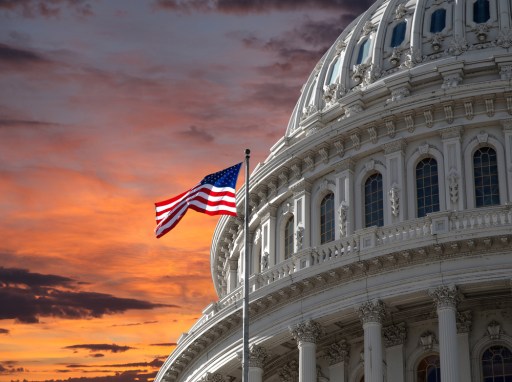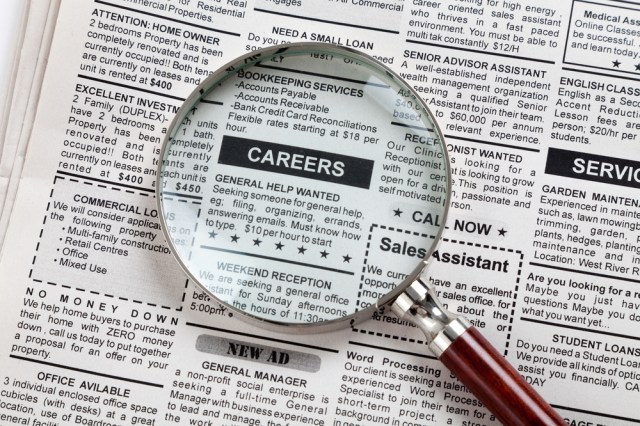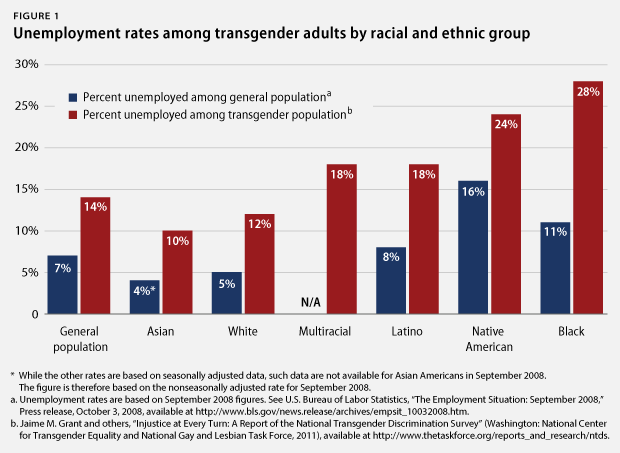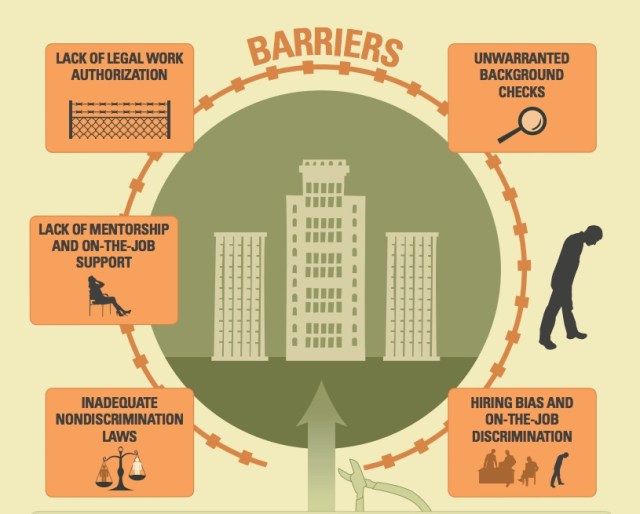This week, in a discouraging but not particularly shocking sequence of events, the U.S. Senate failed to pass a reinstatement and extension of unemployment insurance. At the end of December, 1.3 million Americans lost their unemployment insurance when a 2008 extension of federal emergency unemployment insurance expired. Without the extension in place, the 3.6 million other people are slated to lose unemployment benefits in 2014. Cutting unemployment amplifies the challenges queer people face in an already harsh economic climate.

In 2008, to help Americans through the recession, the federal government stepped in to extend unemployment insurance benefits, which states typically offer to eligible people for 26 weeks. Through the recession, federal unemployment was extended further, peaking at 99 weeks and then lowering to 73 weeks until the program expired in December. Unless a bill that includes the extension of unemployment insurance passes through the Senate, all federal unemployment insurance beyond 26 weeks will stop, except for those who qualify for a Nixon-era program that extends unemployment insurance in states with high unemployment rates.
Unemployment insurance helps people stay afloat while they search for new work, and allows people to continue to put money into the economy. This supports businesses and results in the creation of more jobs, which ideally would get people off unemployment insurance. Cutting off unemployment insurance stops that cash flow into the economy, and would prevent the creation of over 300,000 jobs over the course of 2014.
The expiration of the extensions is the result of senators, who do not rely on unemployment insurance, not being able to get over playing politics for a second to ensure that millions of Americans without jobs can continue paying for their basic needs. Officially, the stalemate is the result of a fairly predictable partisan dispute over the funding for the unemployment extension – the Dems would have extended a 2% cut to Medicare providers, while the Republican proposal included limiting the benefits available to people eligible for unemployment and disability assistance. What this dispute ultimately looks like is politicians prioritizing their poll numbers over the livelihoods of millions. Shocking! Each party has accused the other of bad-faith negotiations to make the other appear unsympathetic to middle-class Americans relying on public assistance.

As of the end of December, the national unemployment rate is at 6.7%, its lowest since 2008. But 6.7% is a generous number, especially for queer Americans.
The unemployment rate only includes those who are looking for jobs, and many of those who have left the ranks of the unemployed still don’t have work – they’ve stopped trying because there was nothing to be found. And while the Department of Labor reported 76,000 new jobs created in December, that’s still half as many as necessary to keep up with population growth.
6.7% reflects the entire population, obscuring the fact that for queer people, trans* people and people of color, rates are much higher. LGB unemployment rates are more than 40% higher than the national statistics, and trans* unemployment rates are double the national rate. The Bureau of Labor Statistics also reported the unemployment rate for black Americans is 11.9%, while the rate for Hispanic or Latin@ Americans ended 2013 at 8.3%. While the rates of unemployment for women are actually slightly lower than for men, that likely reflects the fact that fewer women are looking for work than men. The newly released Shriver Report indicates that women consistently earn less than men, and they are working jobs that are less secure and flexible.

Any hit to the economy hits queer people, people of color and women (and people who experience an intersection of those identities) especially hard. Federal unemployment insurance helps fill in the the gaps for people between jobs, so they can maintain their housing and other expenses. Extensions of unemployment benefits for queer and trans* people are of particular importance, because queer people, and in particular queer people of color, face major barriers to employment that can draw out the job search.

When people lose their jobs it sets off a chain of events that can lead to a spiral into an economic situation that is very difficult to emerge from. Losing a job makes losing housing more likely. Loss of housing can be especially devastating for queer people, because homeless shelters are often dangerous spaces for LGB people. Many homeless shelters will not offer space to trans* people at all. Homelessness makes it harder to find and maintain work, and makes queer people more vulnerable to violence from other people and from police. Without access to work or unemployment insurance, queer people may also turn to illegal or dangerous means of income, like sex work, dealing drugs or stealing things they need in order to survive. This subjects more queers to greater risk of contact with law enforcement, which puts them at risk for violence within the criminal justice system. Having an existing criminal record creates further barriers for queer people looking for work, further entrenching them in unemployment. Unemployment benefit extensions weren’t created with queer people in mind, and they don’t remotely resolve the economic injustices queer people face, but they can create a marginal cushion to give queer people a little extra time to find employment without also losing access to housing and other necessities.
Looking forward, it appears clear that unemployment extension won’t come up again until at least late January, and because political egos aren’t about to magically evaporate, nothing will happen without some nasty politicking. While the Senate works out its ridiculous issues, millions of Americans will be waiting for their checks.







